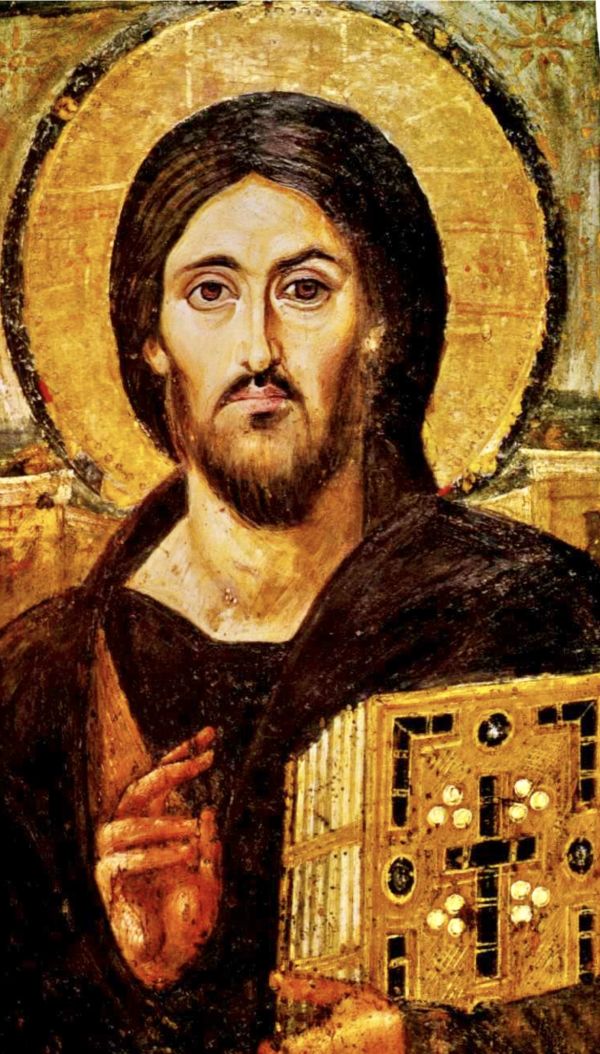(Jn 7:40-53)
In the Gospel passage, the religious authorities judge everyone with contempt.
Anyone who has always imagined himself as master will not be willing to make himself a disciple of a subversive Revelation.
While the élite marginalizes Christ, even the gendarmerie commanded to perpetuate and oversee the world’s security is amazed by the power of the new Word-Person.
The Lord replaces the Torah (vv.37-38). And whoever comes into contact with the new Temple is guided by the intimate ‘root’ that he has in his womb: and he wants to recognize it, inside.
He himself becomes a bubbling Sanctuary, which begins to think and act in conscience - starting from its core [suffocated perhaps, but indestructible].
A lesson in thinking ‘from below’, given to "superiors". Example that re-evaluates the theological judgment of the impious plebs (v.49).
And it’s curious that the disobedience saving Christ [present in his faithful] originates from the lack of minute knowledge of the Law.
There is a great confusion of opinions regarding Jesus among the people.
For the groups that have established the tyranny of norms, its unforeseen origin - non-mysterious nor overwhelming - is difficult to intend - unacceptable for calibrated thinking.
Some believe him to be the “son of David”, others a Prophet; a deceiver or a good man (v.12) or someone who has ‘no education’ (v.15).
The point is that He doesn’t come to impose the outdated discipline again, nor to patch up its customs.
Not even to purify the Temple, renewing its propitiatory practice.
Christ supplants it with the «now» of Reality that reveals an inconceivable God’s Face, which is grasped and expanded even from within each of us.
It’s by no means the quiet reconfirmation of the usual things.
Tradition [written and oral] boasts deep-rooted arguments, but its fame causes confusion and hard confrontation between opposing supporters.
There is never anything Exceptional in all of this.
But in the depths of each one dwells a ‘naturalness that teaches’, even to the masters of the paradigm.
Spontaneity will not lead us to the weak defense of Jesus made by Nicodemus (vv.51-53) who relies on another obvious law to save the situation.
When you stop wanting to be just addicted - comes the amazement, the God’s vertigo; different interests.
The Christ-icon of Jn 7 wants to develop in us the image and innate talent of the spirit’s teacher who simply draws from the personal experience of the Father, of himself and of reality.
We should not expect true answers come from someone outside, rated more experienced - to whom instead have (we) to teach the New that comes to save us.
The Vocation by Name is entrusted to the unknown Rabbi who already lives in us - and wants to emerge, expressing the divine unconscious already present.
The indispensable Gold, without induced mental burdens: only in conscience and character.
[Saturday 4th wk. in Lent, April 5, 2025]












